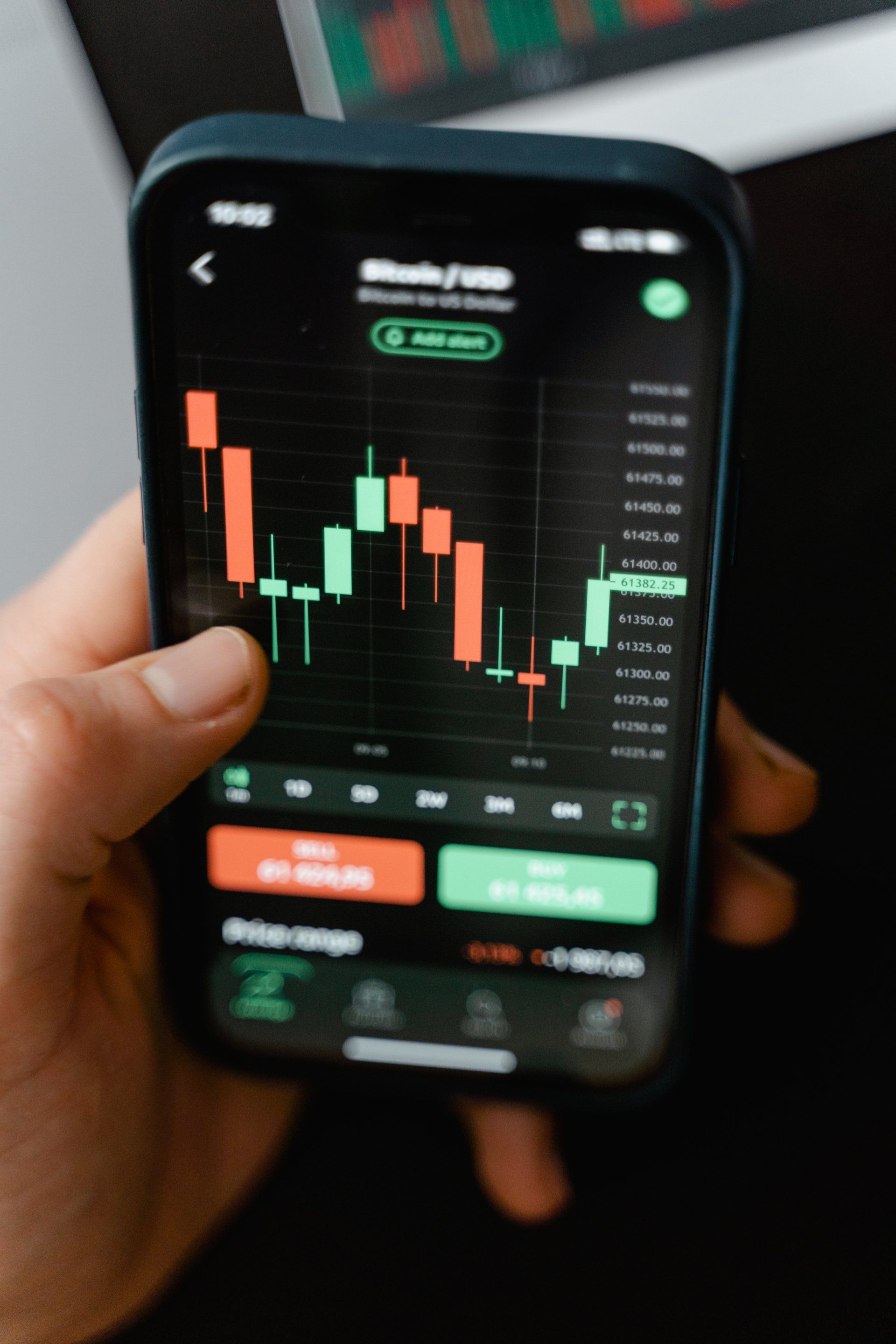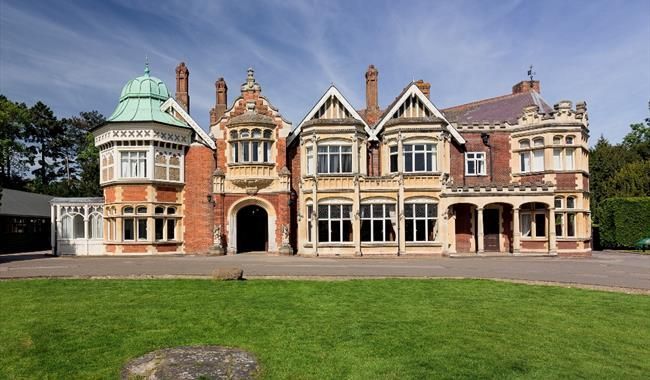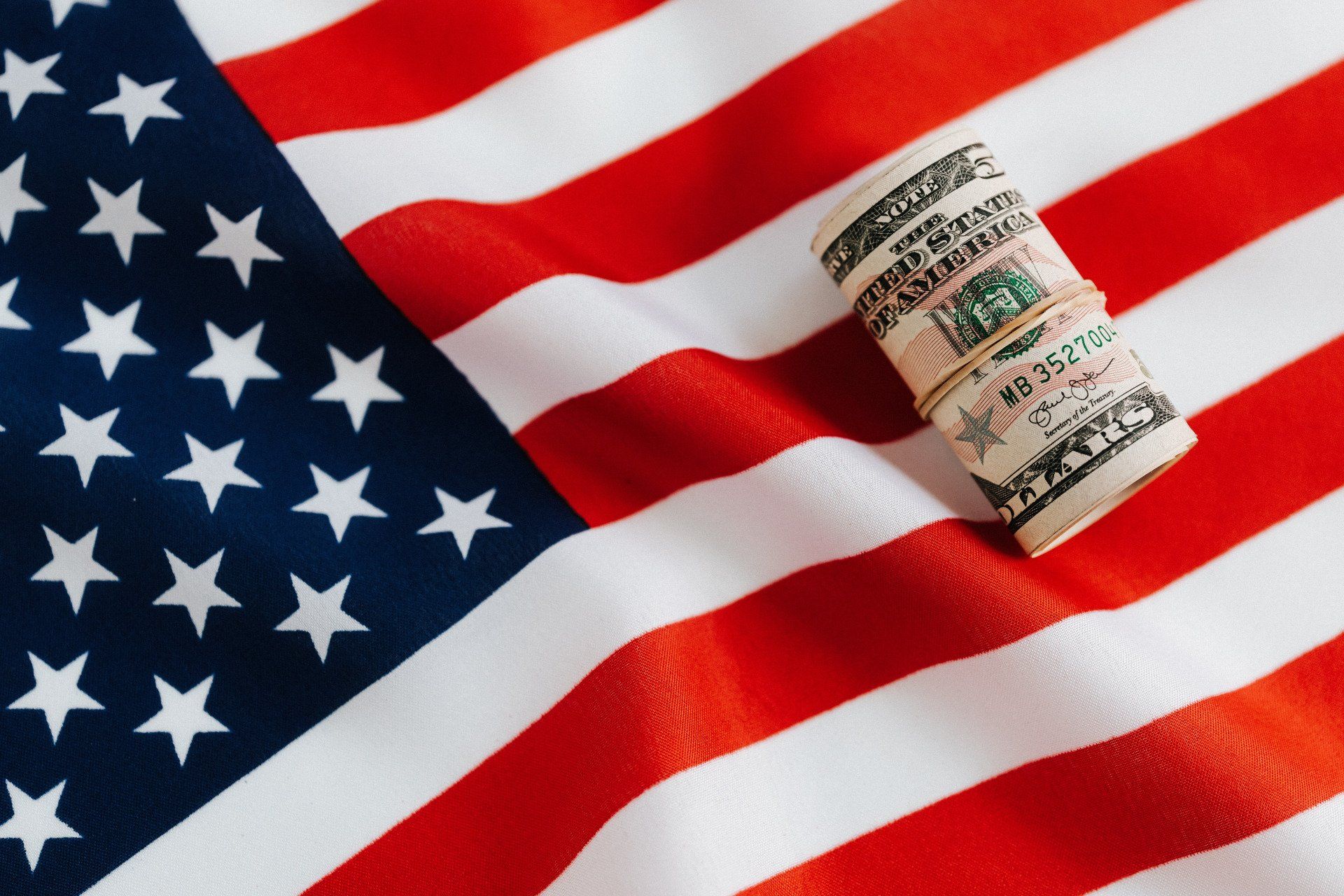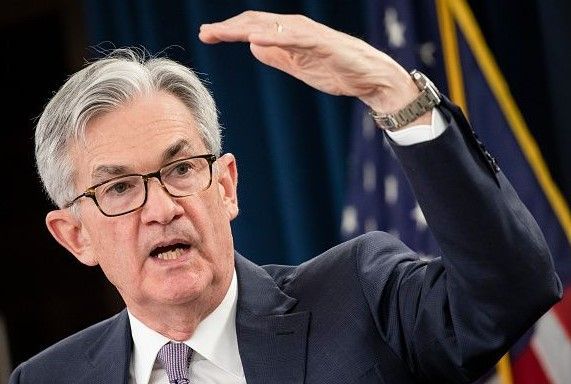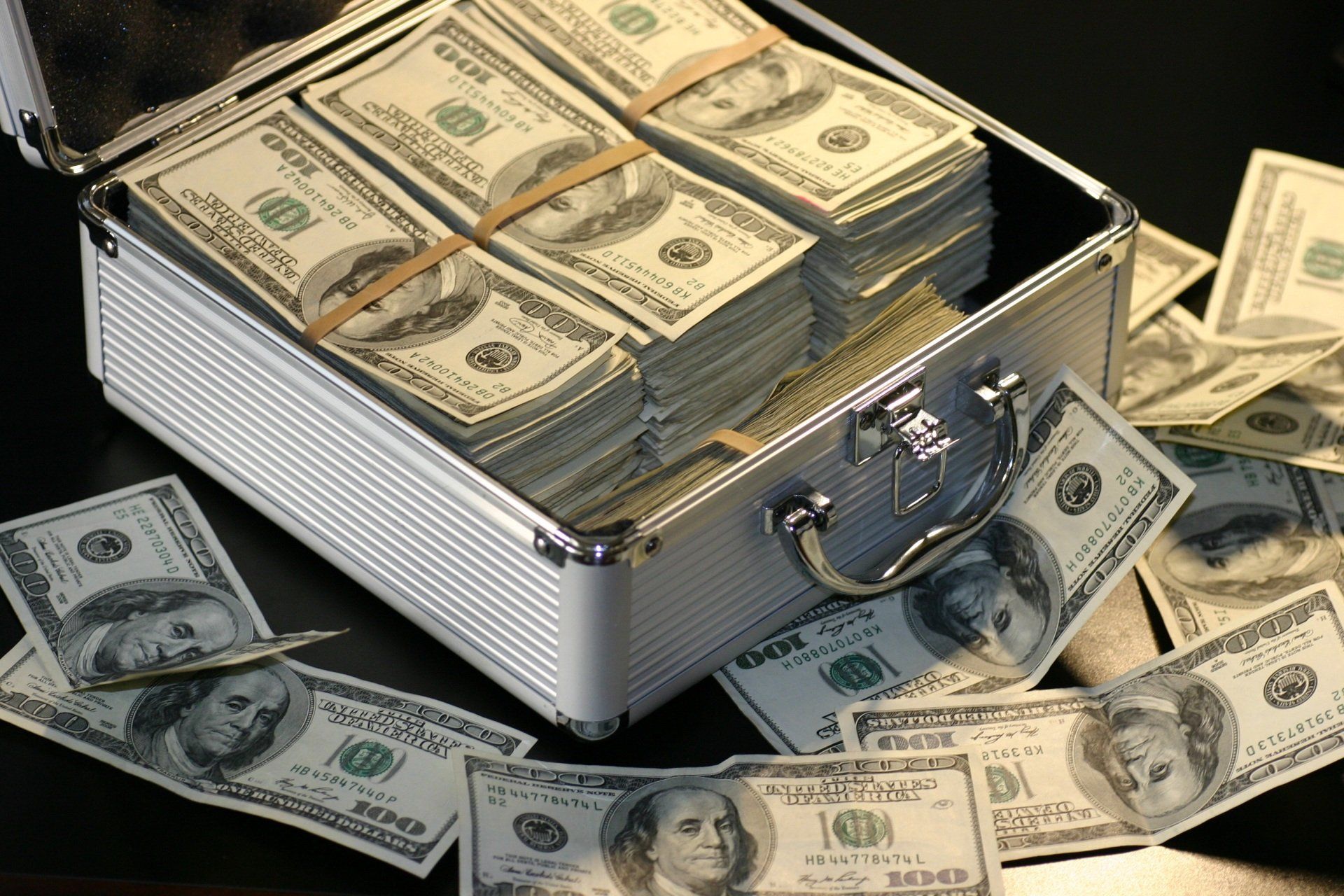US Interest Rates at Highest level in 22 years
Yesterday we got confirmation of the well telegraphed interest rate increase: the Fed moved it up by 0.25% at the July FOMC meeting. Which means that US interest rates are at their highest level in 22 years! This gives a target range of 5.25% to 5.5%.
However, the Fed left the door open to further increases this year. This is not quite the narrative the markets were expecting. After the pause at the last meeting this was widely considered to be the last rate hike before interest rates could start to come back down some time in 2024. It would seem that may not be the case.
In fact the Fed didn't give much guidance at all yesterday. Powell refused to be drawn on whether rates would increase again at the next meeting in September. Of course they did roll out some of their stock phrases, saying they remained "highly attentive to inflation risks", will be "making careful assessments ..... meeting by meeting" and of course they are going to be "data dependent".
So after over one year of interest rate increases to the highest level in two decades there is a possibility that we will get even more. So what's going on and when will inflation be back under control?
Well if you remember one of our previous blogs you'll know that economic forecasting is fraught with difficulty given the sheer number of indicators being tracked and the fact that they are all backward looking. But there is one number in particular that is keeping the Fed awake at night and that is jobs. The economy seems to be ticking along quite well, yes there have been layoffs and we're starting to see increases in credit card debt but jobs data is strong.
And because the labor market is tight (remember all those people that 'left the workforce' after Covid) wages are continuing to rise. Wage inflation has not come down and is at about 4.7% (the Fed calculates this needs to be closer to 4%). If it continues at this level it will have a strong inflationary impact and reduces the chances of the Fed being able to get inflation back down to the 2% target. So the Fed may have to keep going until they see the labor market break which is likely to cause a recession. So we're back to the will there/won't there be a recession scenario.
Does that mean there will be more rate hikes? Not necessarily the continued impact of high interest rates may be enough to reduce job creation. So the Fed will need to continue to crawl over every piece of economic data.
What it does mean is that we're unlikely to see a reduction in interest rates any time soon and as the Fed themselves said, inflation is unlikely to get back to the 2% level before 2025.
If you're interested in improving your manual trading or our AI driven auto-trading solutions then
come talk to us, we are passionate about helping you improve your trading.

